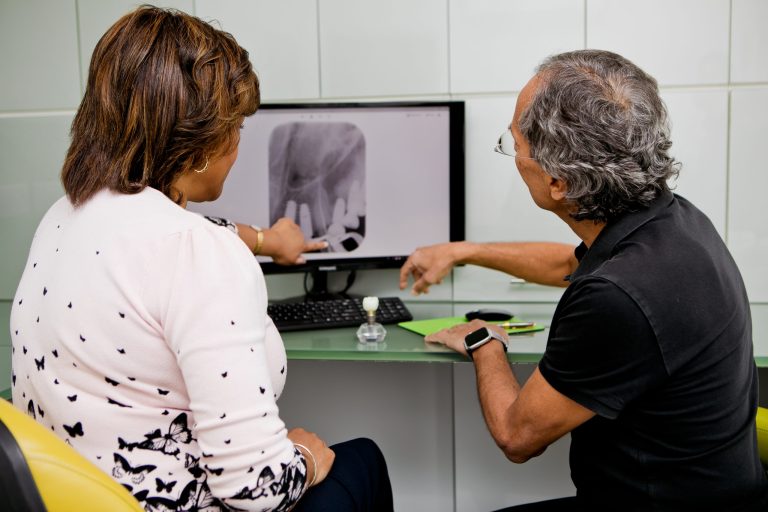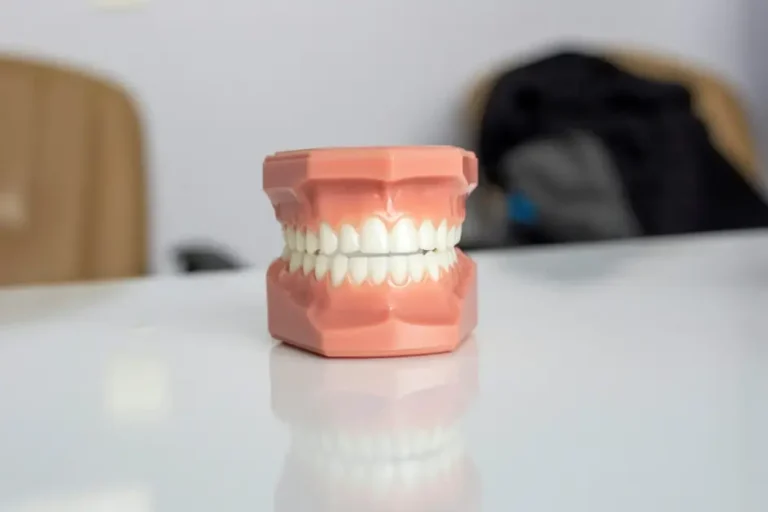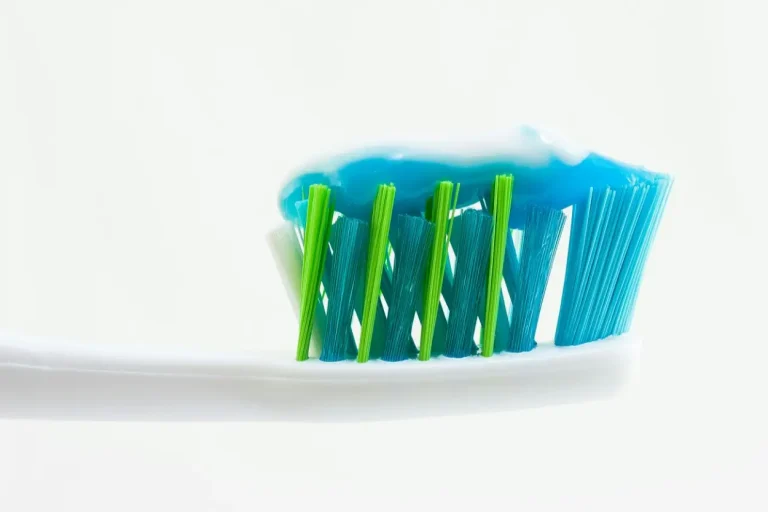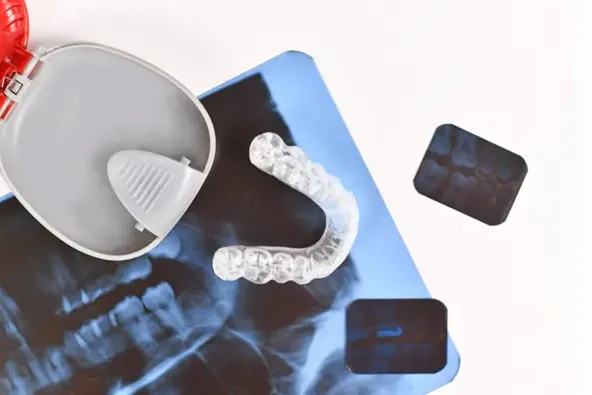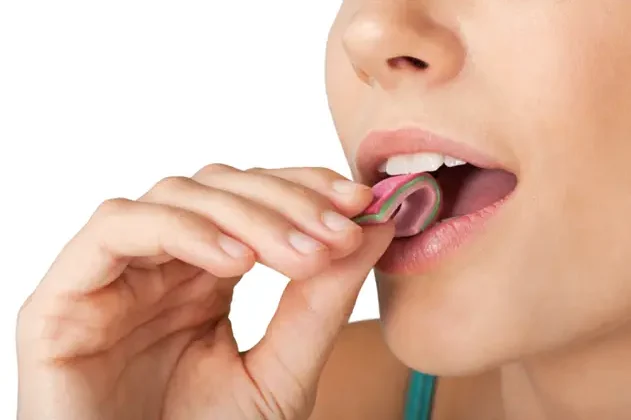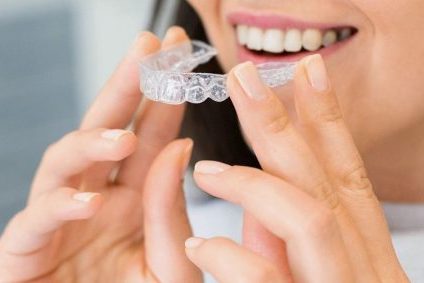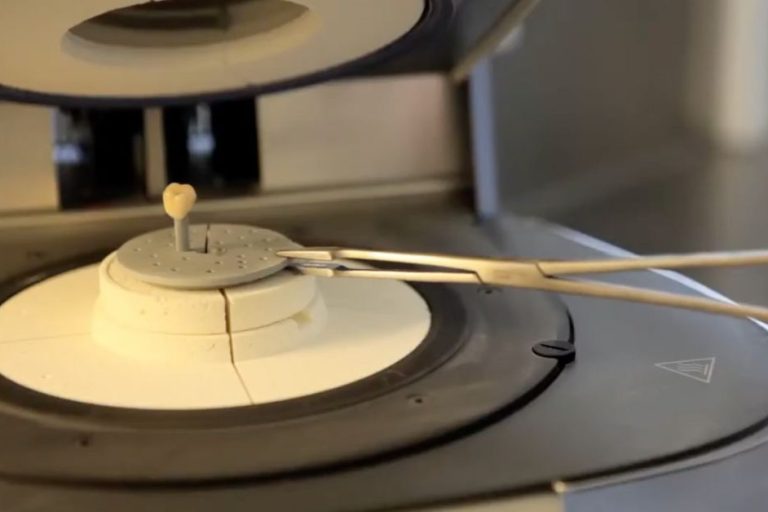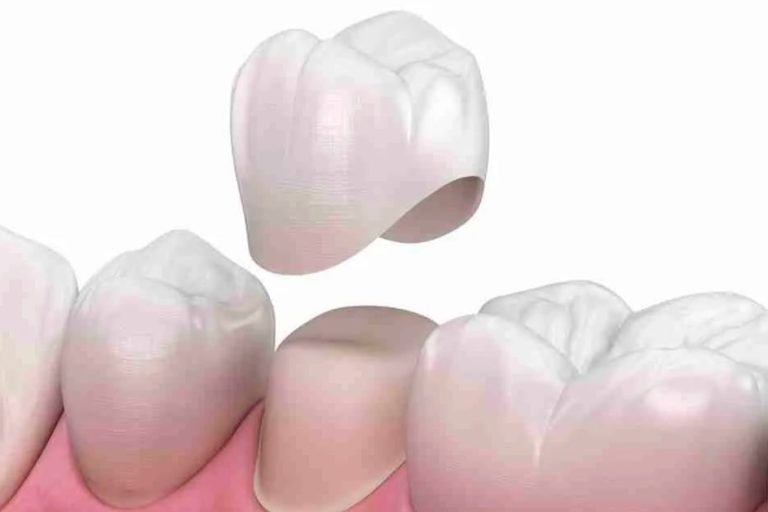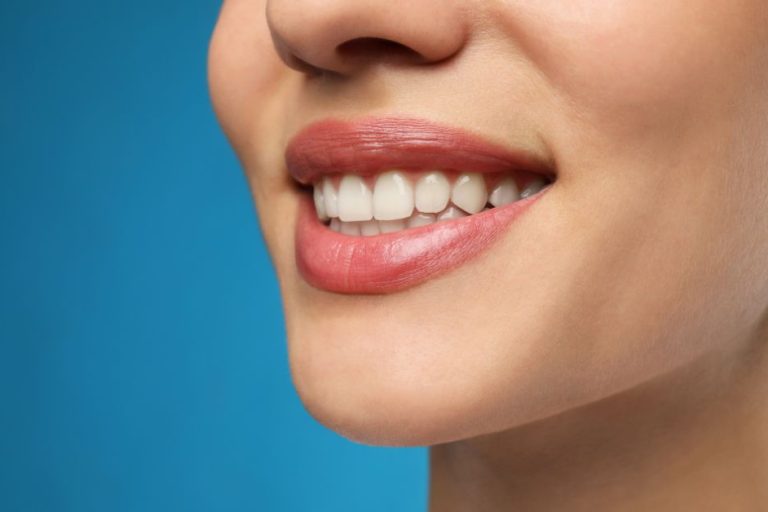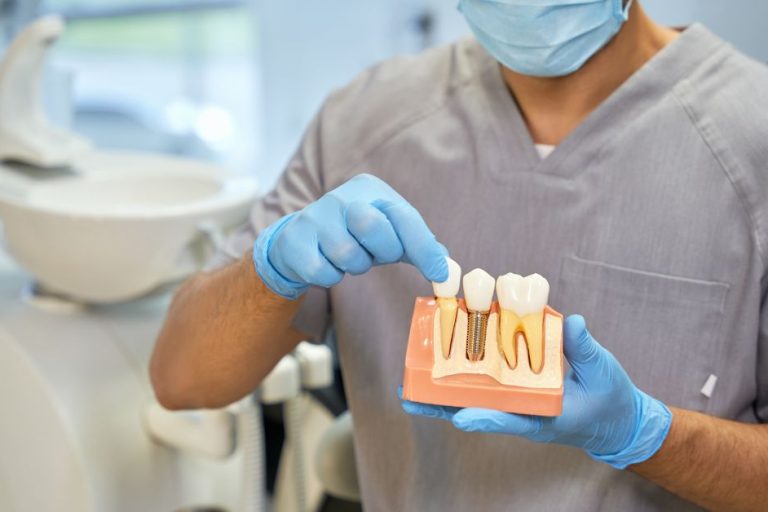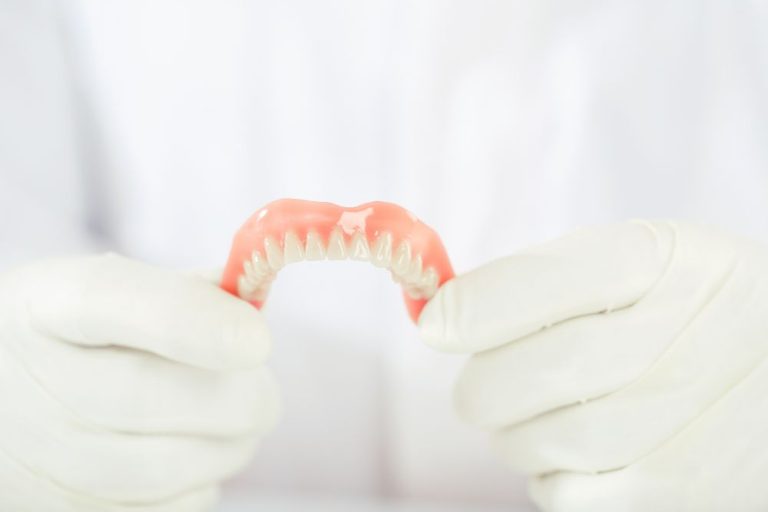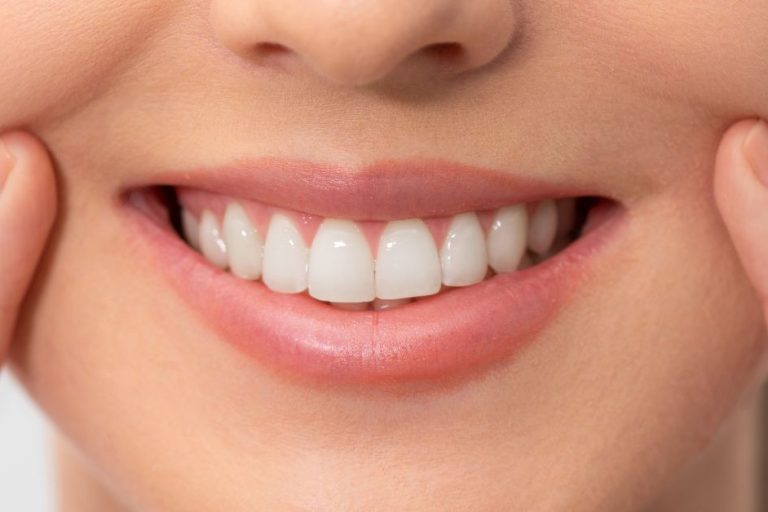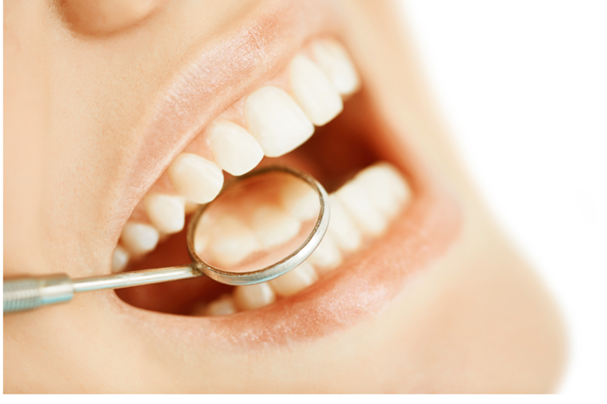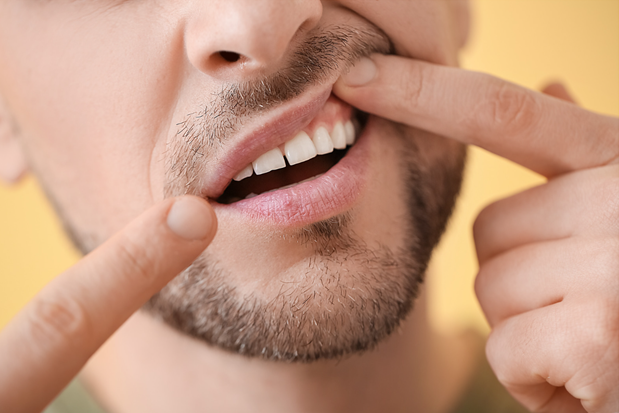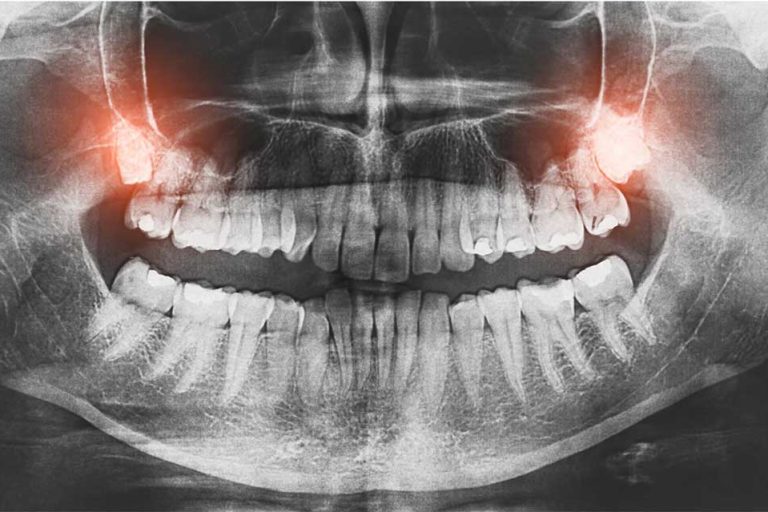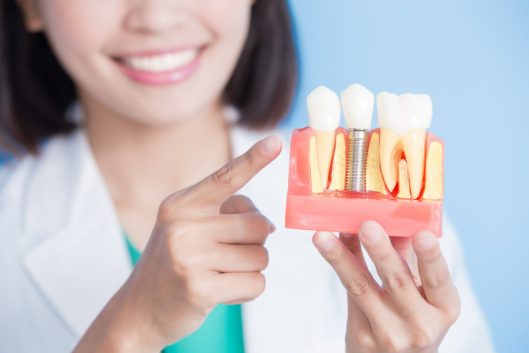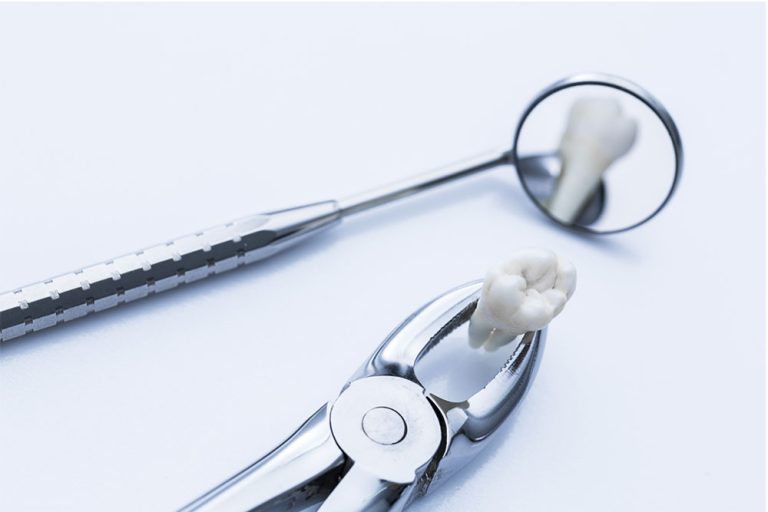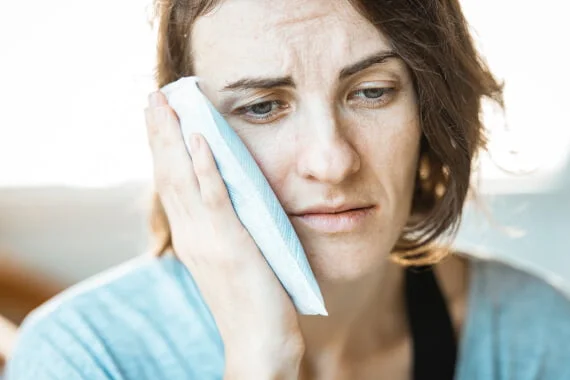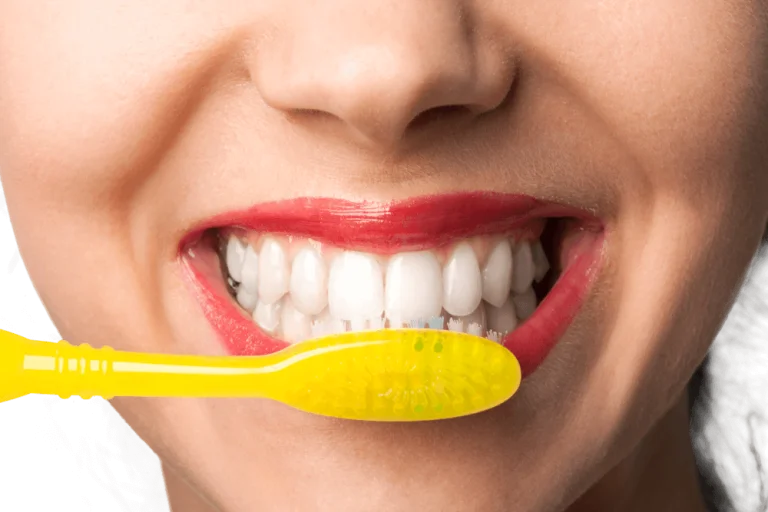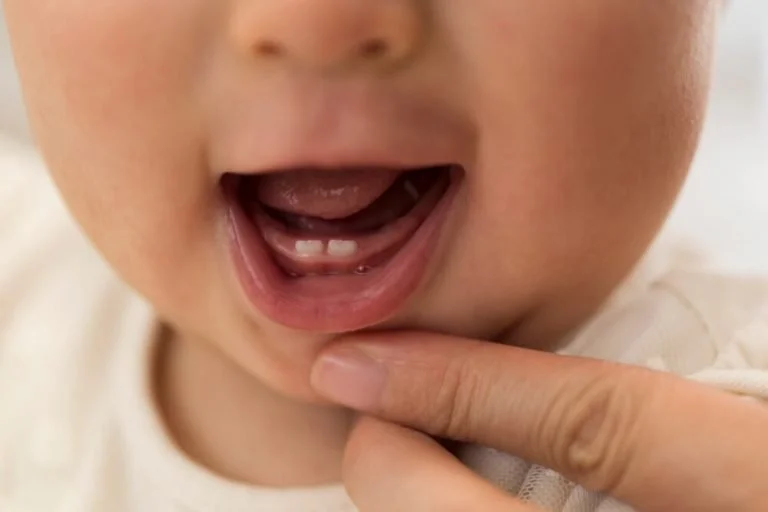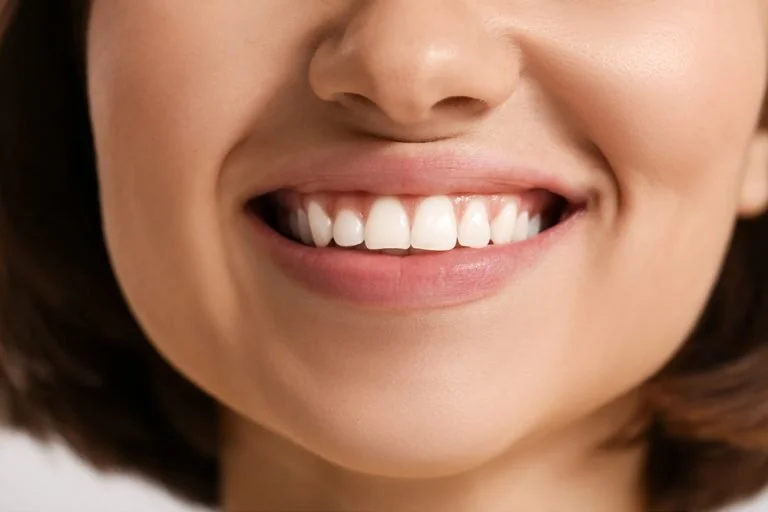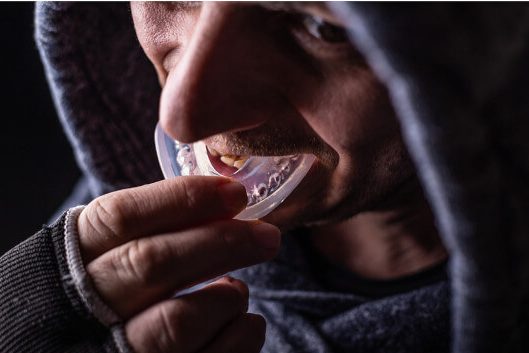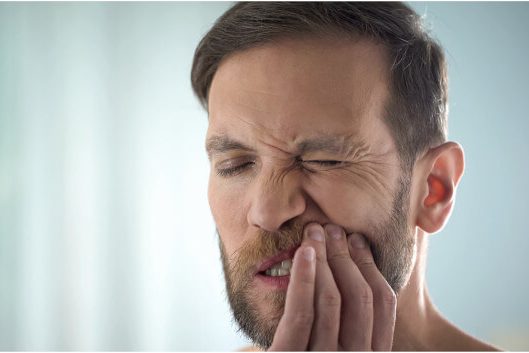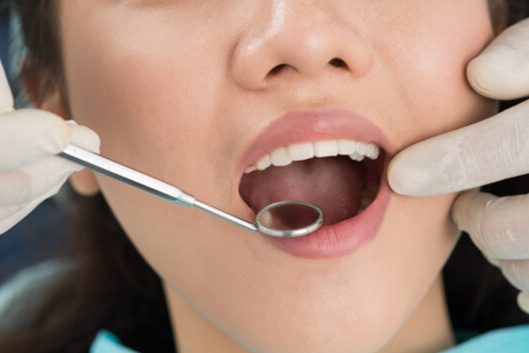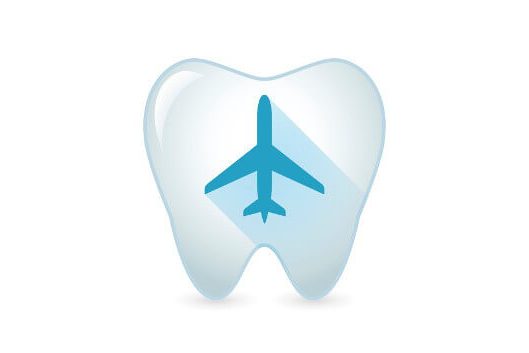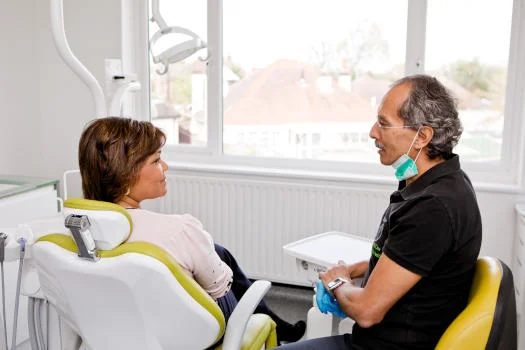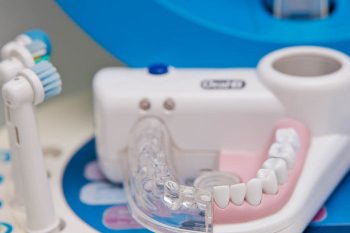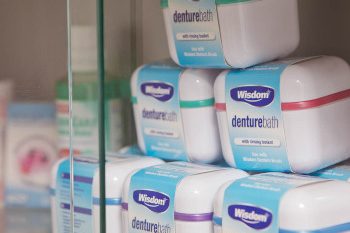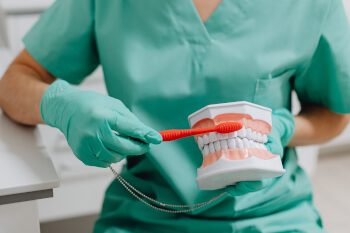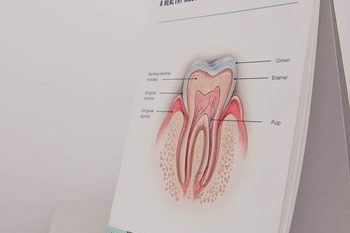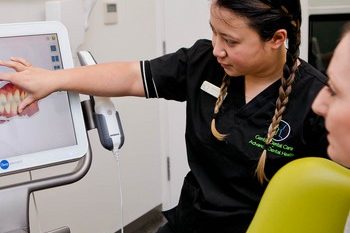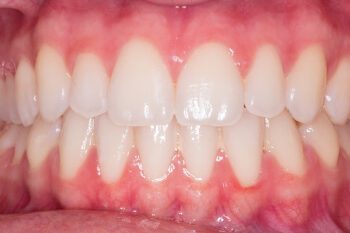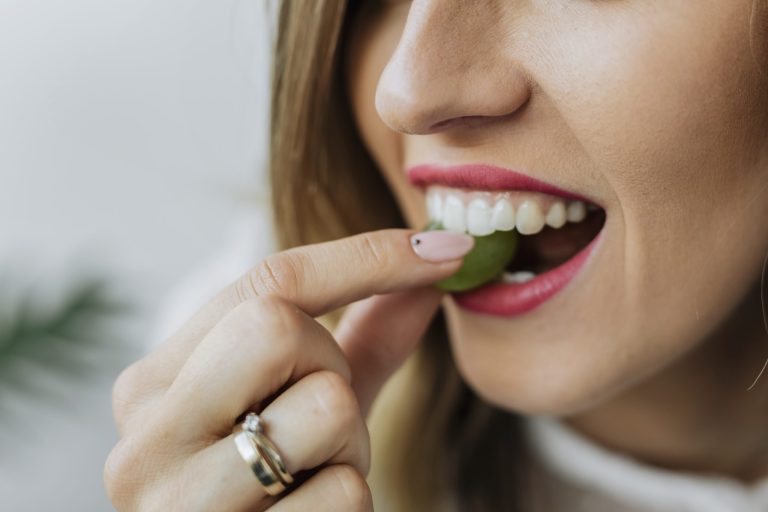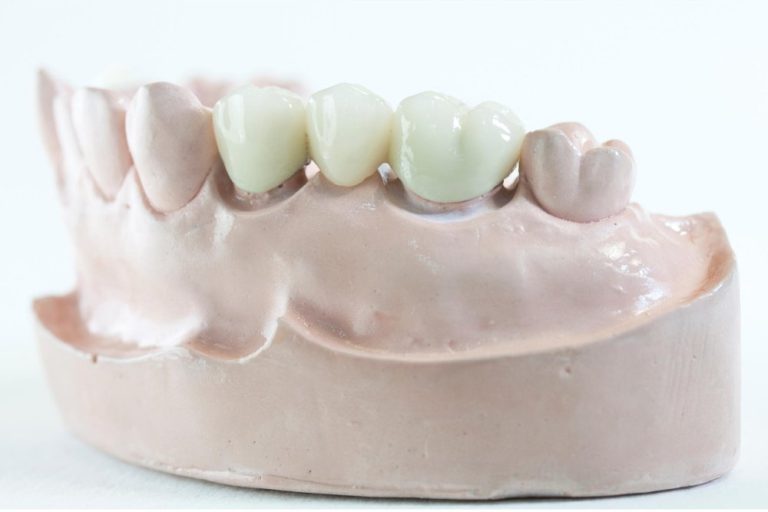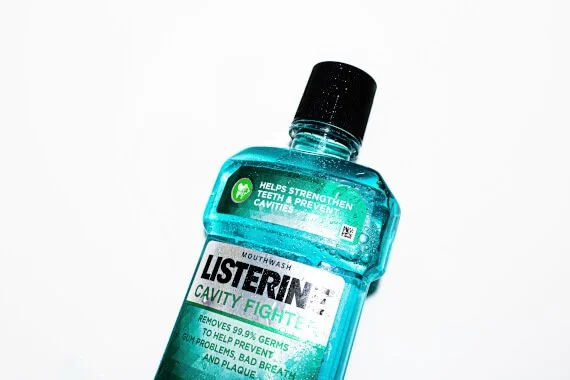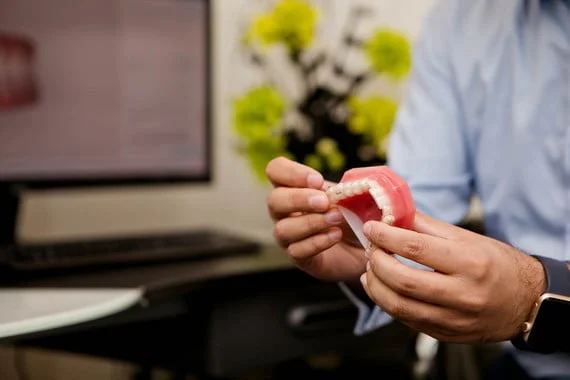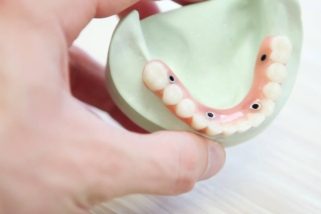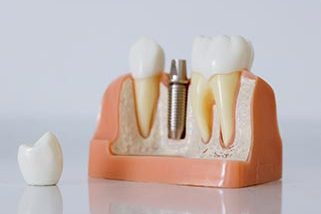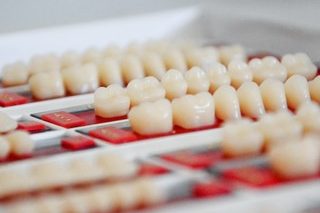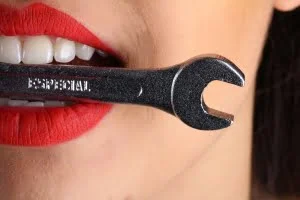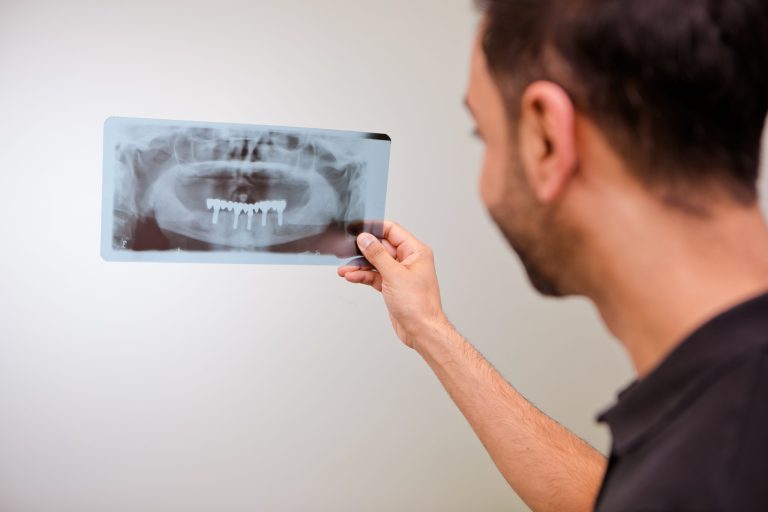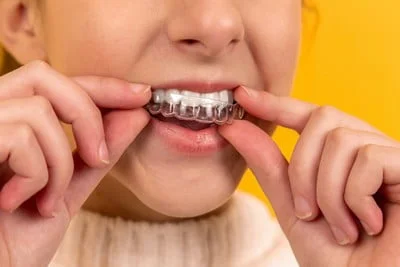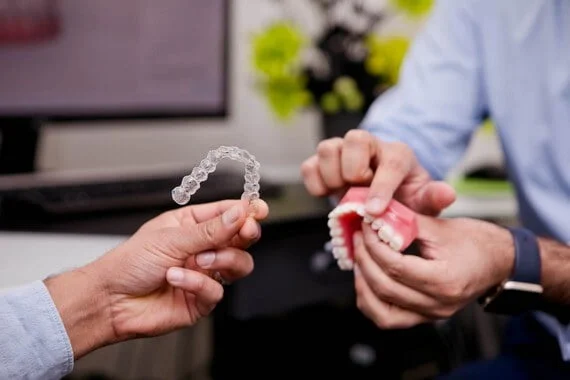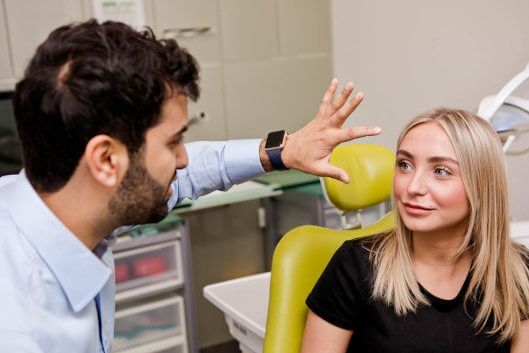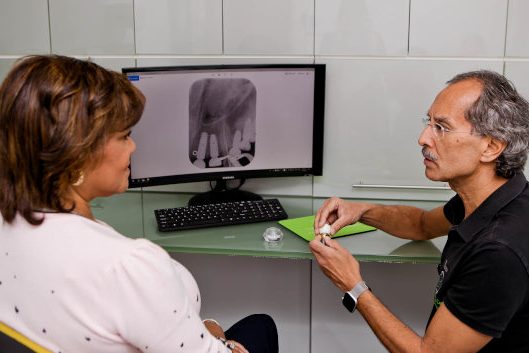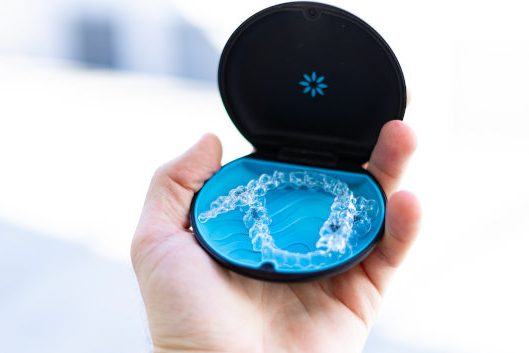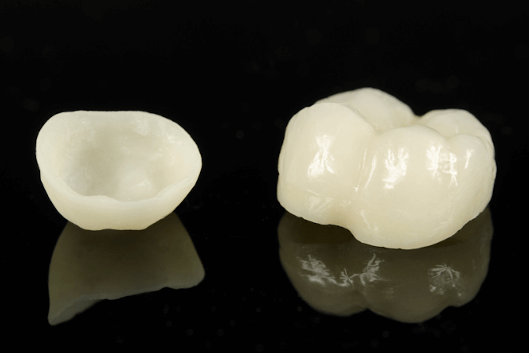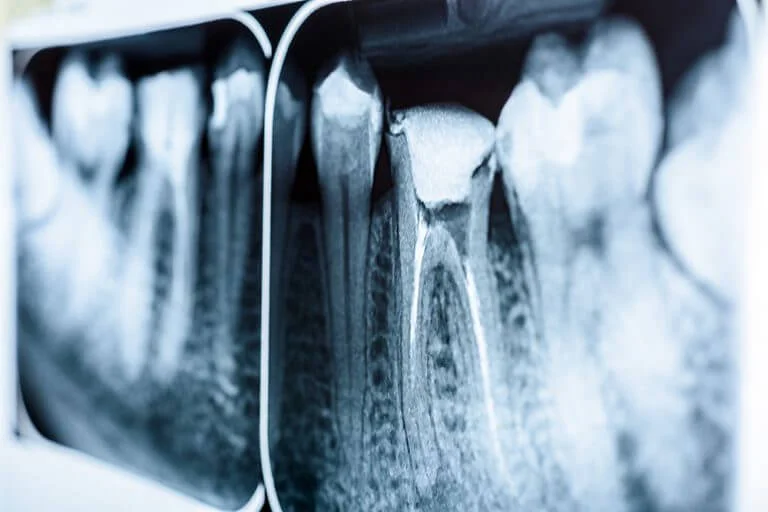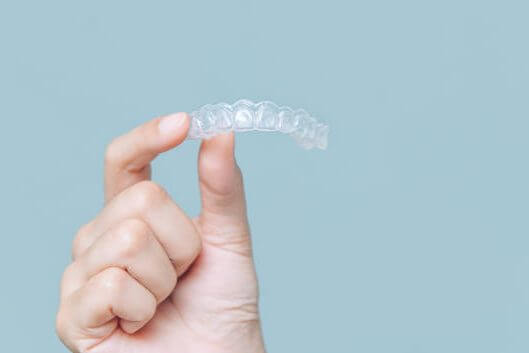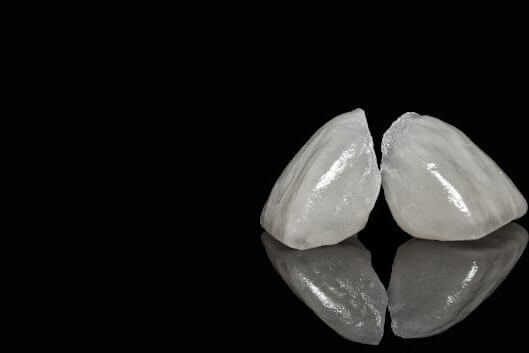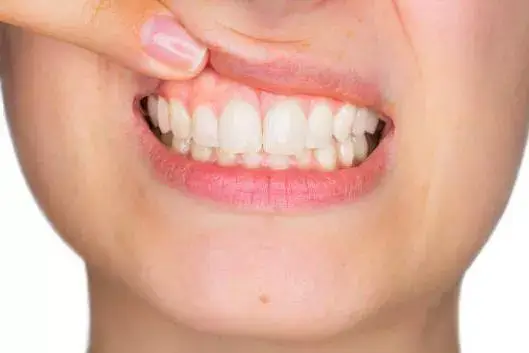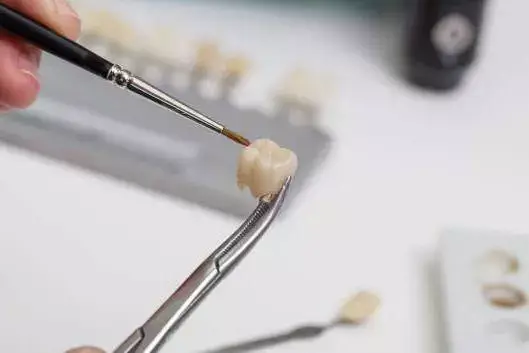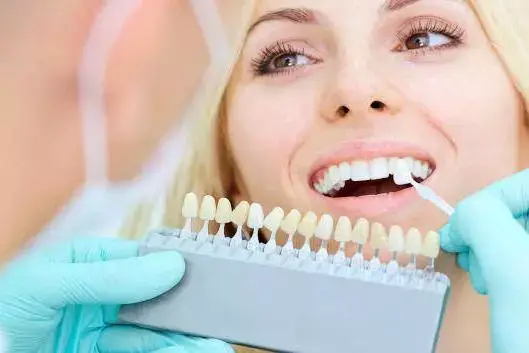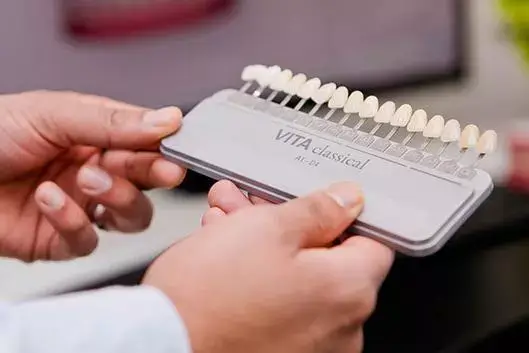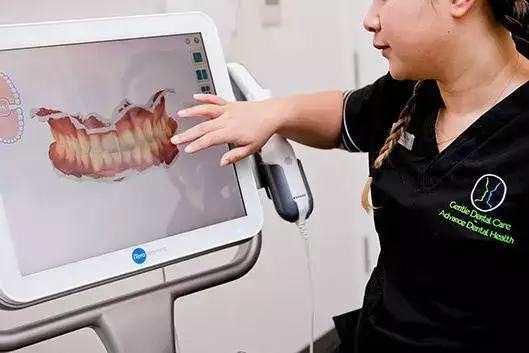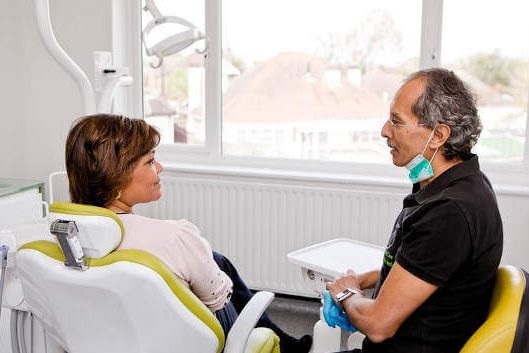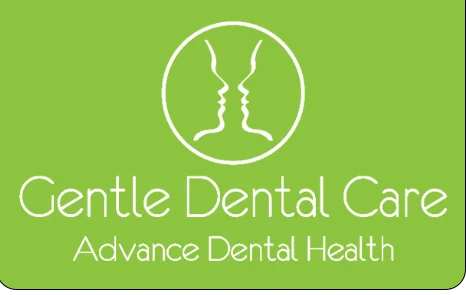Common dental emergencies – and how to deal with them
 With so many things that can go wrong with your teeth, we decided to write this article to help those in need of some guidance. This blog will give information on the most common dental emergencies we see in our surgery, and what we can do to fix the issue. We will also give you some home remedies that may help in the interim period before you get the chance to see us.
With so many things that can go wrong with your teeth, we decided to write this article to help those in need of some guidance. This blog will give information on the most common dental emergencies we see in our surgery, and what we can do to fix the issue. We will also give you some home remedies that may help in the interim period before you get the chance to see us.
Pain
This is probably the most common issue we deal with when it comes to dental emergency appointments. Pain can be caused by many things such as:
- A cracked tooth. A cracked tooth can leave the nerve exposed, which can hurt whenever something like food or drink touches it. Normally, covering the exposed bit of the tooth will resolve the issue, however if it’s a big crack then a crown may be needed. A cracked tooth can also cause pain when the two fragments of tooth move during chewing. The treatment will all depend on how deep the crack goes. If it goes very deep, then the tooth may need to be removed. Other options include simple fillings, crowns or root canal treatment. A cracked tooth can also cause sharp edges on teeth which can traumatise the tongue/cheeks. The treatment of this is usually straightforward and the offending tooth is simply smoothed off.
- Dental decay. This can cause the nerve to be irritated, and hence causes pain. If the decay is well away from the nerve then a simple filling will resolve the symptoms, but if it’s deeper decay then more complex treatment is often needed.
- Deep decay. When there is deep decay that goes into the nerve, it can cause severe pain and infection. When it’s got this far the only options generally involve root canal treatment or tooth removal.
- Wisdom teeth. When these are coming through, they can often cause issues that may need emergency attention.
What are the home remedies for pain?
*This information is for ADULT doses only*
For severe dental toothache, the best remedy (before you get a chance to see the dentist) is normally painkillers. The most effective over the counter tablets to take are paracetamol and ibuprofen (please check with your GP to ensure there are not contraindications). If possible, you can alternate the two medications so there is a period of overlap, for example: start by taking 2 x 200mg ibuprofen tablets, then two hours later take 2 x 500mg paracetamol tablets. Continue to do this until you can see your dentist. Always read the instructions and do not take more than the maximum dose.
Maximum doses:
- Paracetamol – 2 x 500mg. Always wait 4 hours between doses (if you have taken 2 x 500mg tablets). Never take more than 8 x 500mg tablets in any 24-hour period.
- Ibuprofen – 2 x 200mg. Wait 6 hours between doses (if you have taken 2 x 200mg tablets). Don’t take more than 8 x 200mg tablets in any 24-hour period unless your dentist or doctor has instructed otherwise. For more information see the NHS guidance on ibuprofen.
Apart from taking painkillers, there is often not a lot else you can do. For chipped teeth you can sometimes add temporary filling materials to cover the exposed nerve.For wisdom teeth issues, try bathing the affected area with warm salty water.
Debonded crowns
This is probably the second most common issue we have to deal with, and the solution will depend on whether there is a good amount of tooth structure left, or the actual tooth has debonded in the crown. If it’s the former, then we can simply recement the crown back in with a good strong cement – the crown then has a high chance of success. If it’s the latter, the tooth often needs to be removed.
What are the home remedies?
You can try temporary dental cement which you can buy from Boots or any other major supermarket. If the tooth fits well then it will work. We would never recommend using superglue.
Broken dentures
The part that most often breaks is the acrylic pink part, which normally snaps in two. The quickest thing to do is take your dentures straight to your local dental technician – somewhere like Cedar Dental Laboratories – and they will be able to fix them within an hour. The process is normally cheap and cost effective. Otherwise, wait until your dentist is open and allow them to have a look.
What are the home remedies?
There’s not much you can do, other than possibly try some fixative or denture adhesive paste. Do not use superglue as it will make the technician’s job a lot more difficult when they are repairing your dentures.
Dentures rubbing into gums
From time to time, dentures can cause ulcers or pain on the gums. For this, the best solution is to visit the dentist so they can assess which part of the denture needs adjusting. The dentures can then carefully be altered until the offending part has been removed. We would not recommend you adjust your dentures at home as you can ruin the fit.
Bleeding gums
This is a sign you have gum disease as healthy gums should not bleed. Book an appointment ASAP so we can formulate a plan to help. This could be something as simple as routine hygiene advice, or it could require something complex like gum treatment.
What are the home remedies?
To reduce inflammation, correct toothbrushing techniques are required, along with cleaning in between your teeth. Corsodyl mouthwash can help as well.
For more information see our blogs.
Loose implants
This usually requires the implant to be re-cemented, or the screw might need to be tightened. This will depend upon the type of implant crown you have. For this, there are no home remedies.
If you need us in an emergency, call 020 3925 3846.
If it’s less urgent, you can also email team@gentledentalcaregroup.co.uk or fill in our form and we will get back to you.
Call 020 3925 3846 or fill in our form to enquire about your consultation.
